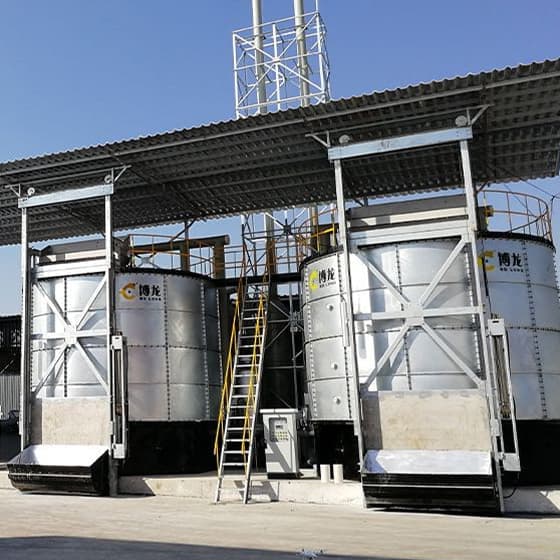Introduction: Antibiotic resistance is a growing concern in agriculture, particularly related to the use of antibiotics in livestock production. Fermentation tanks can play a role in reducing antibiotic resistance by improving manure management practices. This article explores how fermentation tanks contribute to this effort.

Antibiotic Residue Degradation: Livestock manure can contain antibiotic residues that contribute to the development of antibiotic-resistant bacteria. Fermentation tanks enhance the degradation of these residues through aerobic fermentation, reducing the risk of spreading antibiotic resistance.
Pathogen Reduction: The high-temperature conditions in fermentation tanks effectively kill pathogens present in manure, including antibiotic-resistant bacteria. This reduction in pathogen load minimizes the potential for spreading antibiotic resistance through soil and water.
Safe Compost Application: The compost produced by fermentation tanks is free of harmful pathogens and antibiotic residues, making it safe for use in agriculture. This reduces the risk of transferring antibiotic-resistant bacteria to crops and the wider environment.
Case Study: A poultry farm with concerns about antibiotic resistance implemented fermentation tanks to manage its manure. The tanks significantly reduced antibiotic residues and pathogen levels in the compost produced. The farm used the compost to fertilize its fields without the risk of spreading antibiotic resistance.

Conclusion: Fermentation tanks play a crucial role in reducing antibiotic resistance by degrading antibiotic residues, reducing pathogen levels, and producing safe compost. These benefits support responsible manure management practices and contribute to the broader effort to combat antibiotic resistance in agriculture.